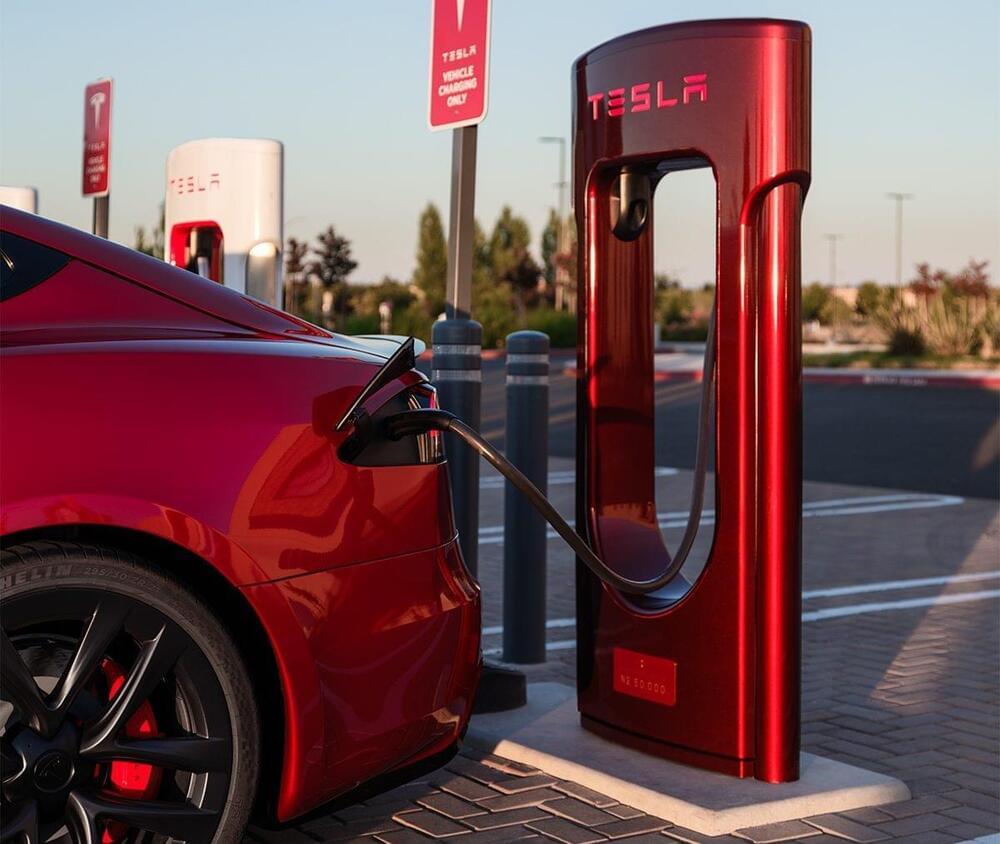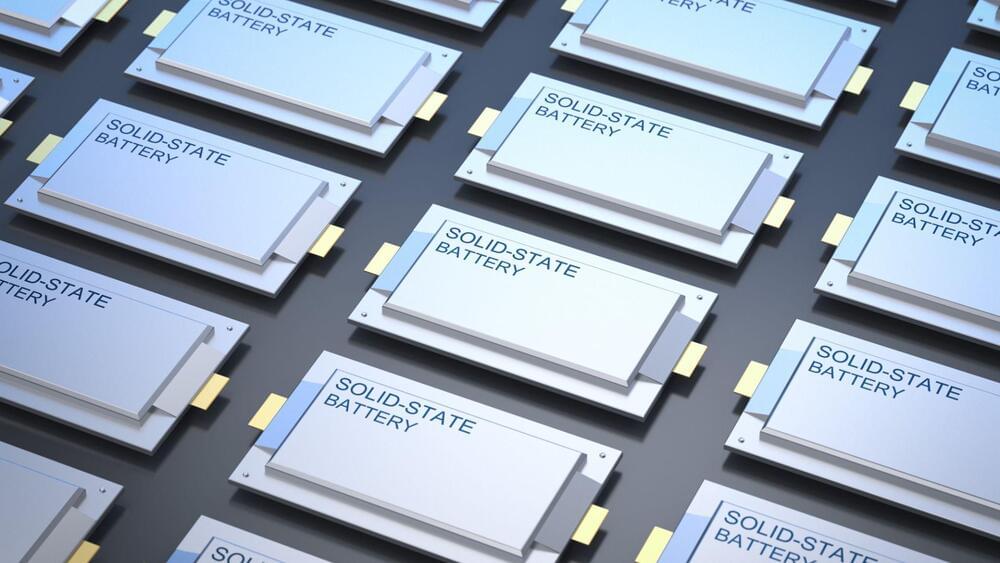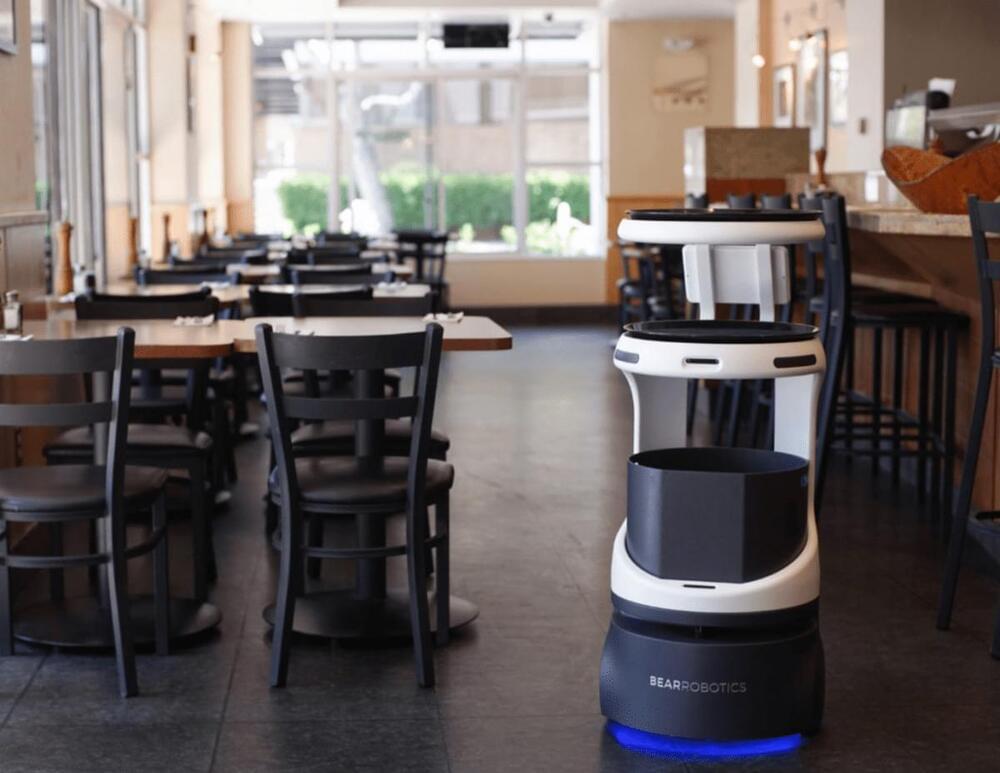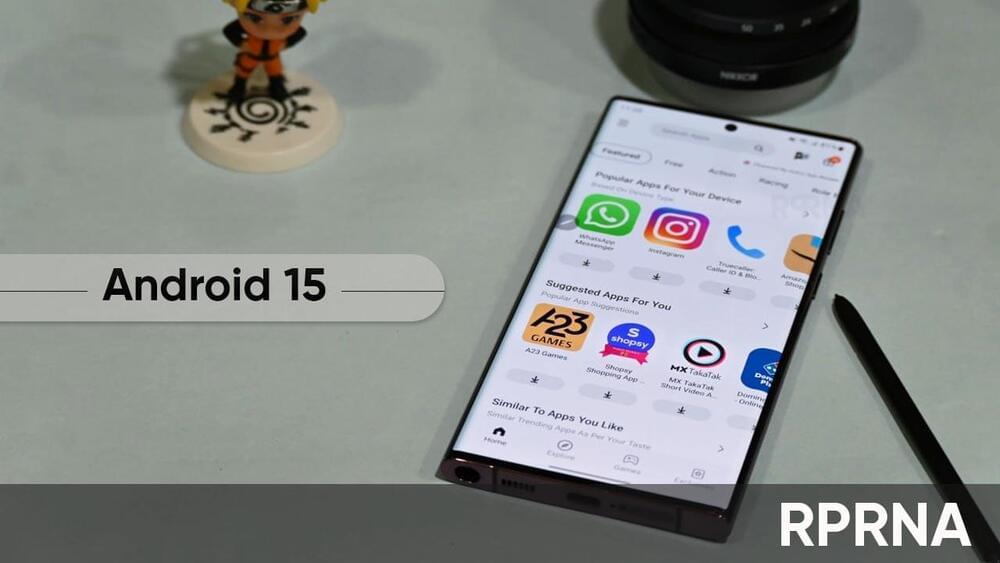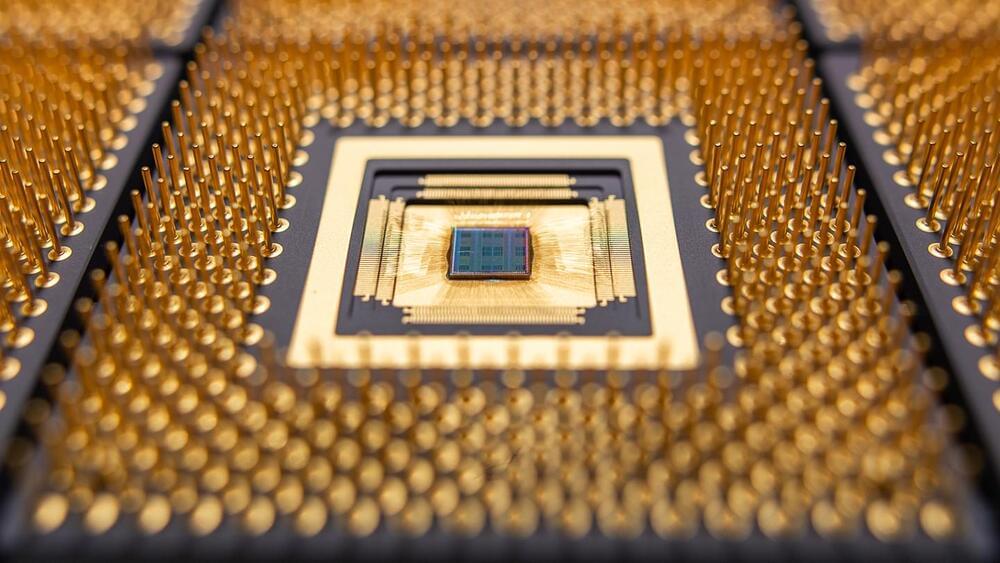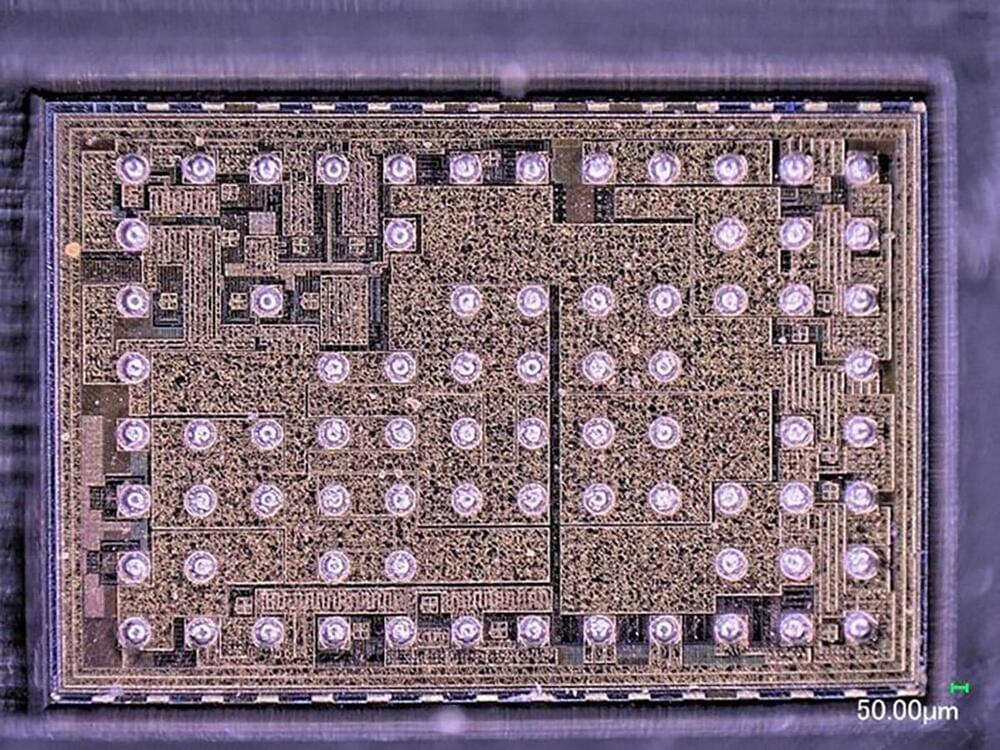Mar 17, 2024
Tesla reiterates ease of EV charging for home and during long trips
Posted by Shailesh Prasad in categories: mobile phones, sustainability, transportation
Even if electric cars are already prevalent today, anti-EV narratives are still abounding. Among the most persistent anti-electric vehicle talking points involves the idea that EVs take hours to charge, so those who own them would be stuck waiting several hours waiting for their cars to “fill up.” A recent post from Tesla’s official social media handle debunks these ideas.
Longtime Tesla and electric vehicle owners have noted over the years that EV charging practices are far different from refueling a combustion-powered car. As the electric vehicle maker posted on its official handle on X, the social media platform formerly known as Twitter, charging a Tesla is actually far simpler than expected.
When charging at home through a Wall Connector or Mobile Connector, for example, all Tesla owners need to do is plug in their cars when they pull into their garage. EVs are like gigantic mobile devices, so just like smartphones, they could simply charge their batteries while their owners go about their day. And with the Wall Connector or Mobile Connector, Tesla owners can typically wake up to a fully charged car per day.
